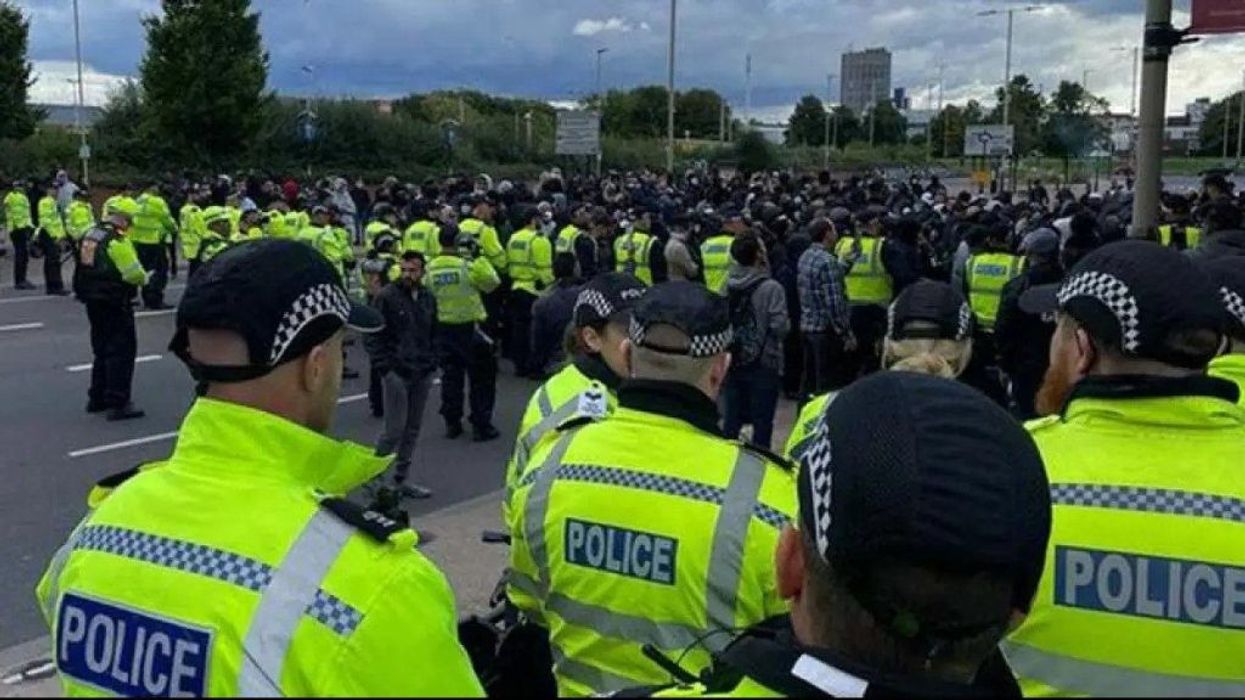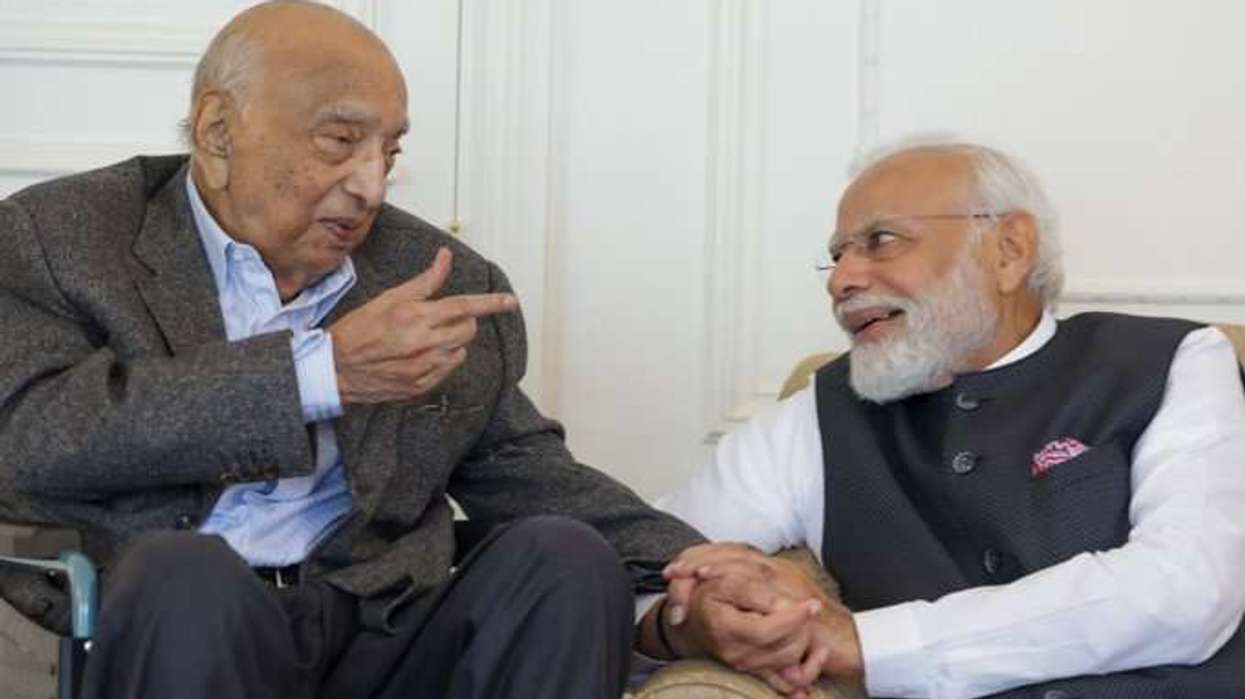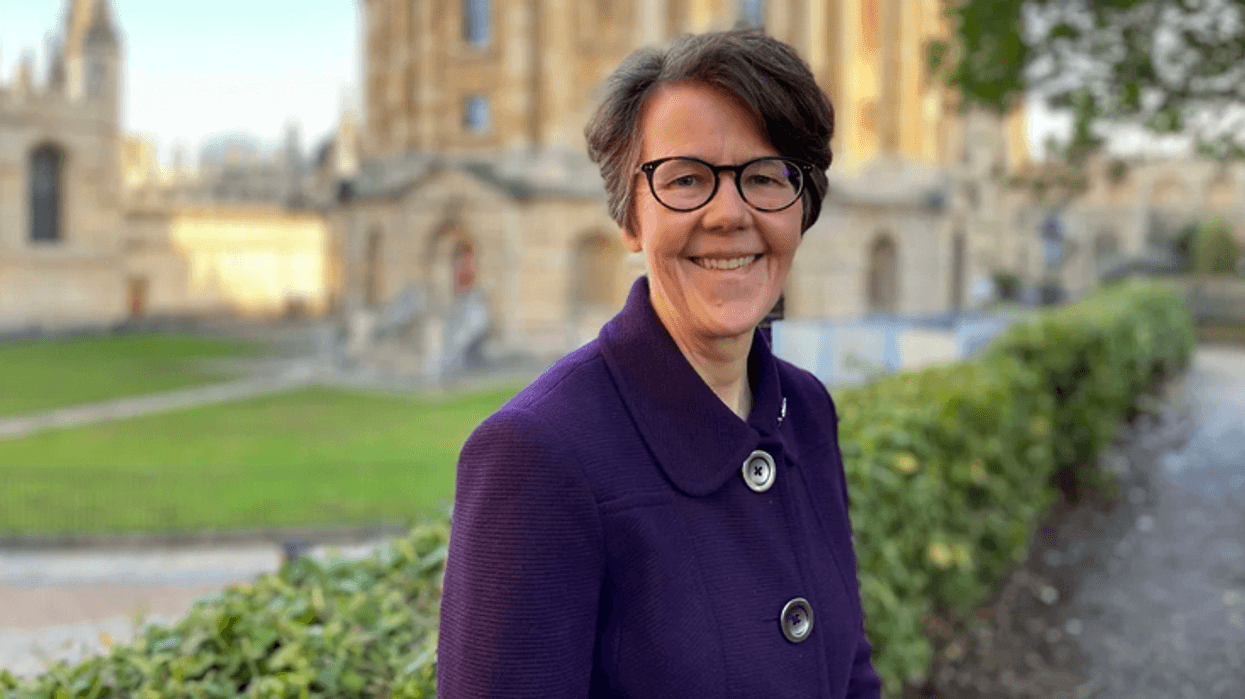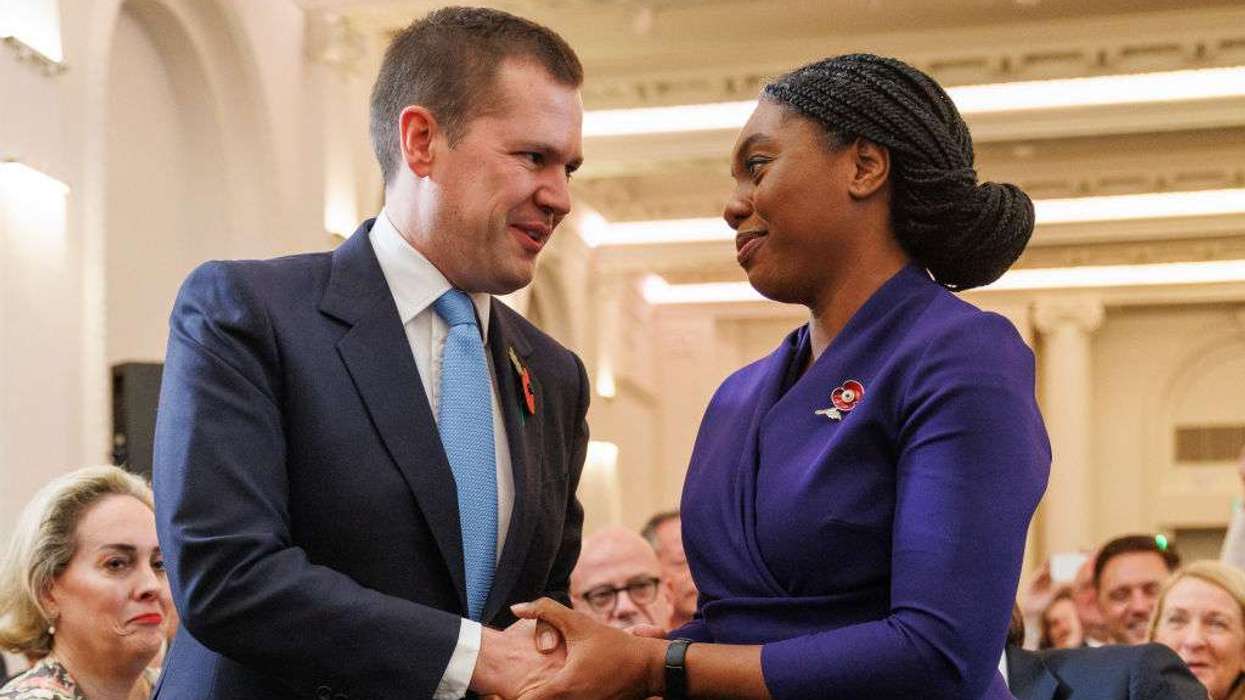BRITISH officials are urging calm among the country's large Indian and Pakistani communities following a deadly attack in Kashmir last week that has heightened tensions between the two nations.
The attack in Pahalgam, a popular tourist destination in Indian-administered Kashmir, left at least 26 people dead and dozens injured when gunmen opened fire on visitors. It marks the deadliest attack on civilians in the region in years.
Indian prime minister Narendra Modi has given the Indian army "complete operational freedom" to respond to the attack, which India blames on Pakistan-backed militants. Pakistan has denied any involvement and warned it would retaliate against "any act of aggression."
The situation has raised concerns in Britain, home to millions of people with Pakistani or Indian heritage, where community leaders fear tensions could spill over onto British streets.
"What happens in Kashmir doesn't stay in Kashmir," said a Home Office spokesperson. "We've seen before how conflicts abroad can trigger community tensions here at home, and we must prevent that happening again."
The statement refers to incidents like the 2022 riots in Leicester, where Hindu and Muslim communities clashed in violence believed to be partly fuelled by tensions between India and Pakistan.
Local community leaders in Birmingham, Bradford and parts of London with significant south Asian populations have reported heightened tensions. Police have increased patrols in these areas as a precaution.
"We understand the deep emotional connections many British citizens maintain with their countries of origin," said a Metropolitan Police statement. "But we must be clear that conflicts abroad cannot be allowed to create division in our communities."
The British government has urged both India and Pakistan to exercise restraint, while acknowledging it has limited influence in the dispute. Foreign Office sources indicate Britain is working through diplomatic channels to encourage dialogue.
Community engagement officers are working with religious and cultural organisations to foster understanding and prevent misinformation from inflaming tensions.
"Our priority is ensuring that all communities feel safe," said a spokesperson for the Department for Communities. "We're actively monitoring social media and working with community leaders to counter harmful narratives that could incite hatred or violence."
Security experts said that previous Kashmir attacks have followed a concerning pattern. In 2019, a suicide bombing killed 40 Indian security personnel in Pulwama, leading to Indian airstrikes on what it claimed were militant camps inside Pakistan. Pakistan responded with its own air raids, bringing the nations dangerously close to wider conflict.
"The international community may be less engaged this time," noted Dr Melissa Levaillant of the European Council on Foreign Relations. "With the US focused on Ukraine, Gaza and Iran, there's less diplomatic pressure to defuse tensions."
The Kashmir region has been contested since the partition of India in 1947, with both countries claiming it in its entirety but controlling only portions. The latest violence threatens a fragile ceasefire that has largely held along the Line of Control, the de facto border between Indian and Pakistani-administered parts of Kashmir.
While most analysts believe India and Pakistan will ultimately pull back from the brink as they have done in previous crises, British authorities remain vigilant to ensure tensions don't escalate among diaspora communities at home.
(with inputs from Reuters)





